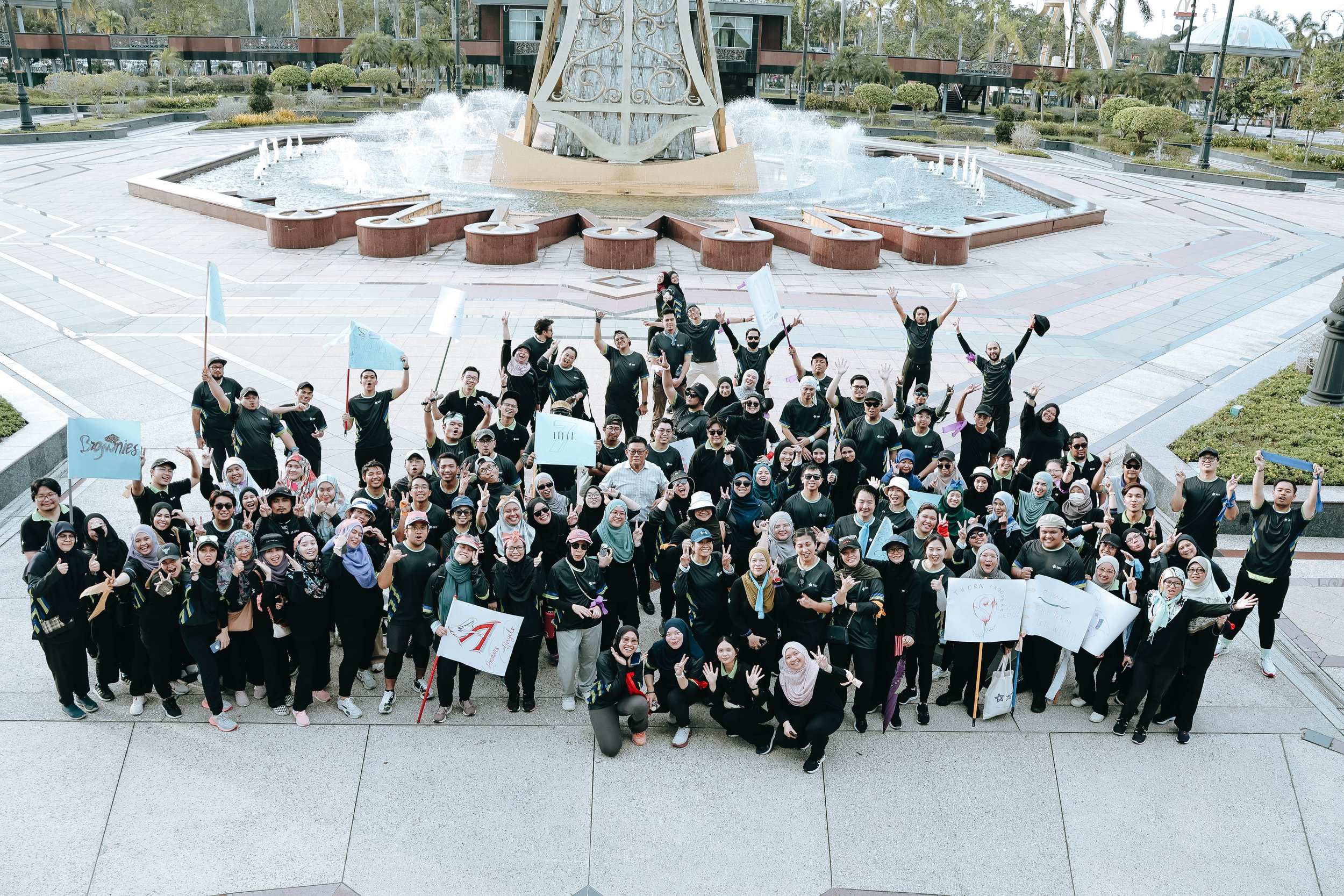Team Building: Fresh Perspectives & A Change of Pace
What is Team Building?
Team building refers to events or sessions organized by companies or organizations to improve collaboration, communication, trust, and overall team cohesion. Activities like workshops and off-site retreats help create a unified workplace where employees work together with a shared sense of purpose. These events strengthen relationships, encourage creative thinking, and develop problem-solving skills, allowing teams to work more effectively.
Corporate team building plays a key role in breaking down communication barriers, building trust, and aligning individual goals with organizational objectives. It contributes to improved team dynamics and helps foster a more engaged team, supporting broader organizational efforts.
The Power of a New Environment
Fresh surroundings stimulate creativity and break the monotony of the office routine, encouraging participants to approach problems with a renewed perspective. In unfamiliar settings, team members often step out of their comfort zones, leading to stronger collaboration. A change in environment can also provide a neutral, inspiring space that fosters open communication and thus, deeper connections.
Taking team-building activities away from the office—such as hotel halls, event spaces, outdoor settings, or public spaces—can offer a refreshing change of scenery, enabling participants to focus on building relationships without the distractions of the workplace. Different venues also provide opportunities for structured activities tailored to specific themes or larger groups, adding variety and engagement to the experience.
Breaking Free from Routine
Teams often fall into patterns of routine, which can limit creativity and engagement. The simple act of changing surroundings can have a profound impact on team dynamics. A shift in environment can refresh minds, foster deeper connections, and open up new perspectives. This is why team-building activities aren’t just a fun break from work—they are a strategic investment in improving team performance, engagement, and overall well-being.
When teams regularly participate in structured bonding activities, they tend to demonstrate higher levels of resilience in high-pressure situations. By breaking down hierarchical barriers, team-building fosters psychological safety, enabling team members to share ideas and concerns without fear of judgment. This leads to a stronger sense of collaboration and trust, which is crucial for productivity and long-term success.
The Strategic Value of Team Building
Incorporating these breaks into an organization’s strategy is not just about taking time off work—it’s about building resilience, motivating employees, and improving collective problem-solving capabilities. These outcomes are vital for sustaining business success, ensuring that teams can remain focused, engaged, and innovative in the face of evolving challenges.
Team building offers far more than just a respite from the daily grind. It is a powerful tool for improving team cohesion, creativity, and overall performance, making them a strategic investment in an organization's future success.

